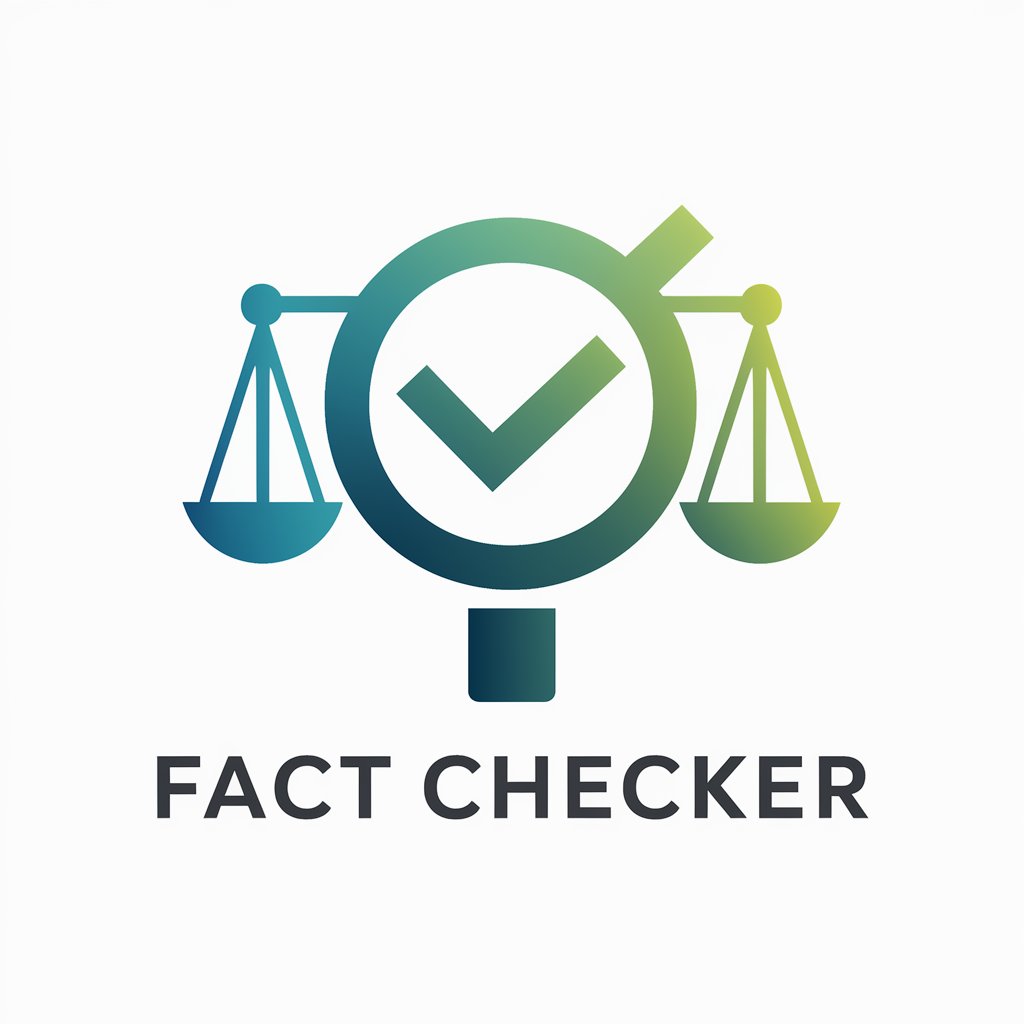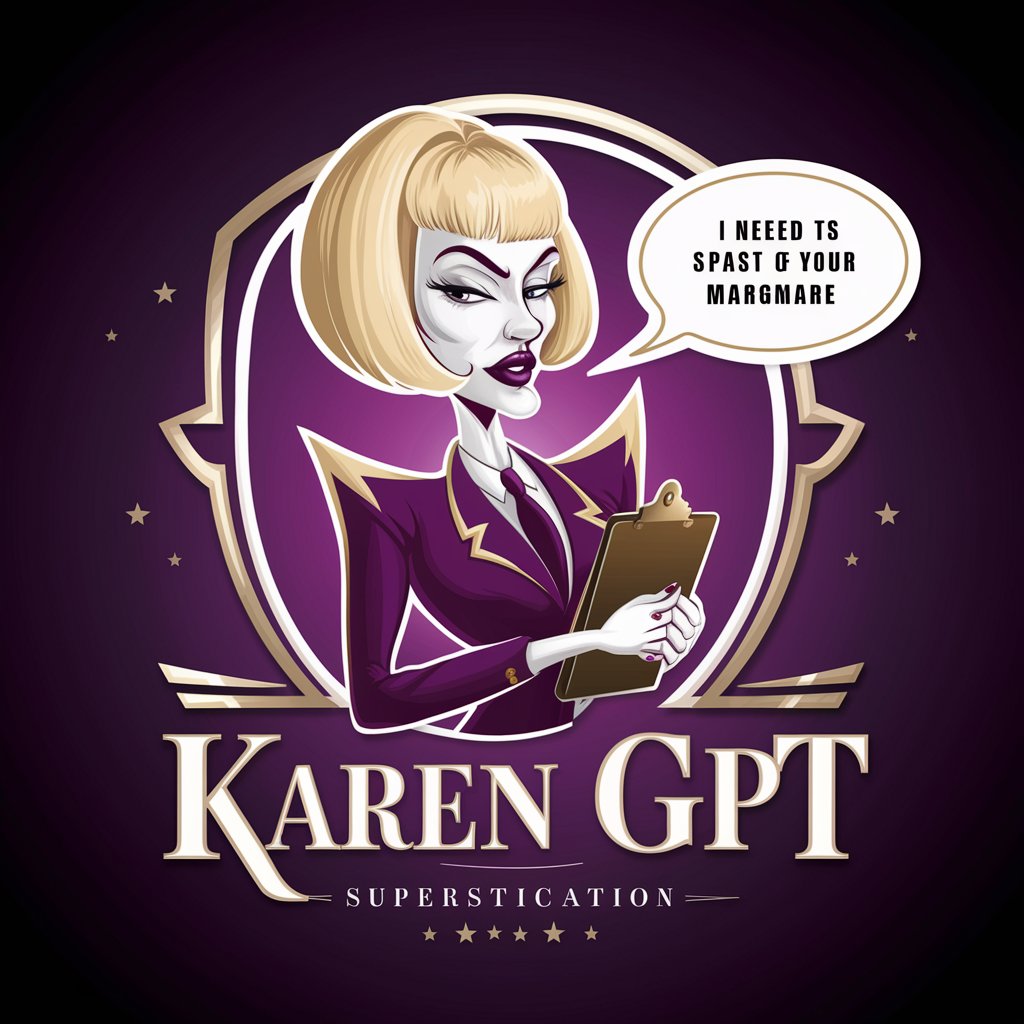RPG Lorecrafter - Interactive RPG Storytelling

Welcome to RPG Lorecrafter! Let's start with a quick tutorial.
Craft Immersive RPG Worlds with AI
Show me how to use the Interactive Plot Twists Generator.
Guide me through creating an NPC with depth.
Explain how to set up a dynamic quest.
Teach me to design effective dialogue trees.
Get Embed Code
Overview of RPG Lorecrafter
RPG Lorecrafter is a specialized tool designed to enhance the creation and development of role-playing games (RPGs). It focuses on the conceptual and narrative aspects of RPG design, offering users a suite of interactive features that aid in crafting detailed game worlds, engaging characters, and compelling storylines. At its core, RPG Lorecrafter aims to make the process of RPG development more immersive and creative, enabling users to construct unique and tailored gaming experiences. For example, a game developer struggling to create a consistent backstory for their game world could use RPG Lorecrafter's Dynamic Quest System to generate interconnected quests that explore the lore and history of their setting, thereby enriching the overall narrative depth. Powered by ChatGPT-4o。

Core Functions of RPG Lorecrafter
Interactive Plot Twists Generator
Example
In a game where players are investigating a series of mysterious disappearances, the generator could introduce an unexpected twist where the antagonist they were chasing is actually a victim, manipulated by the real villain.
Scenario
This feature is especially useful in keeping the story engaging and unpredictable, adding depth to the narrative and challenging players to adapt their strategies.
NPC Depth Enhancer
Example
For a tavern owner NPC, this feature might suggest a hidden past as a retired adventurer, who now secretly aids the players by providing information on quests.
Scenario
This function enriches the game world by giving non-player characters (NPCs) more personality and backstory, making interactions more meaningful and immersive.
Dynamic Quest System
Example
A quest line that starts with a simple task of retrieving a lost item could evolve, revealing a conspiracy that threatens the entire kingdom.
Scenario
This system enables the creation of quests that adapt based on player actions, ensuring a personalized and dynamic gaming experience.
Dialogue Tree Creator
Example
A dialogue tree that branches based on a player's reputation with a faction, unlocking different quests or information.
Scenario
This tool allows for the creation of complex dialogue options that reflect the consequences of player choices, enhancing the interactive storytelling aspect of RPGs.
Target User Groups for RPG Lorecrafter
Game Developers and Designers
Individuals or teams working on RPGs, looking for tools to streamline the development process and inject creativity into their storylines, character development, and world-building. RPG Lorecrafter provides a suite of features that can significantly reduce the time spent on conceptualization, allowing for more focus on gameplay mechanics and graphics.
Writers and Narrative Designers
Professionals or enthusiasts who specialize in crafting stories and narratives for games. They would benefit from RPG Lorecrafter's ability to generate detailed backstories, complex characters, and dynamic quest lines, enhancing the depth and immersion of game narratives.
Tabletop RPG Game Masters
Game Masters (GMs) who lead tabletop RPG sessions and are in constant need of fresh ideas to keep their games engaging. RPG Lorecrafter can provide instant plot twists, NPC backgrounds, and quest ideas, making session planning easier and more varied.
Educators in Game Design
Teachers and instructors who can use RPG Lorecrafter as a teaching aid to demonstrate the principles of narrative construction, character development, and world-building in game design courses, providing students with practical tools to apply their learning.

How to Use RPG Lorecrafter
Begin Your Adventure
Start by visiting yeschat.ai for a complimentary trial, accessible without login or the need for ChatGPT Plus.
Explore Features
Familiarize yourself with RPG Lorecrafter's core features: Interactive Plot Twists Generator, NPC Depth Enhancer, Dynamic Quest System, and Dialogue Tree Creator.
Define Your World
Utilize the tool to outline your game world's geography, history, and key factions. Consider the lore that will drive your narratives.
Craft Characters and Quests
Create diverse NPCs with unique backgrounds and motivations. Design quests that are intertwined with your world's lore and characters.
Iterate and Enhance
Use player feedback and your own creative insights to refine narratives, quests, and character arcs. Experiment with plot twists and dialogue options to enrich the gaming experience.
Try other advanced and practical GPTs
Fact Checker
Truth at Your Fingertips - AI-Powered Verification

Legal Pal
Empowering legal understanding with AI

What do you want to watch?
Discover Your Next Favorite Story

Insta.BestPost
Elevate Your Instagram Game with AI

Coordinador de Equipos
Empowering Teams with AI-driven Insights

Insta.Marketing Plan
Elevate Your Instagram Game with AI

ExploraConceptos AI
Unlock Concepts with AI-powered Exploration

Baseball Trainer
Elevate Your Game with AI-Powered Baseball Coaching

Karen GPT
Unleash the Flamboyant Wit of AI

Motivational Coach
Empower your potential with AI-driven motivation.

UX Researcher's Virtual Assistant
Empowering UX Research with AI

EinsteinBot
Conversing with genius, powered by AI.

RPG Lorecrafter FAQ
What is the Interactive Plot Twists Generator?
The Interactive Plot Twists Generator is a feature that suggests unexpected developments in your game's storyline, helping to keep players engaged and surprised by the unfolding events.
How can I use the NPC Depth Enhancer?
This tool aids in creating multi-dimensional non-player characters (NPCs) with detailed backstories, personalities, and motivations, contributing to a more immersive and interactive game world.
Can RPG Lorecrafter help with quest design?
Absolutely. The Dynamic Quest System facilitates the creation of quests that are meaningful and integrated with your game's lore, encouraging deep player involvement and exploration.
Is it possible to create dialogue trees?
Yes, the Dialogue Tree Creator allows you to design complex conversations with NPCs, offering players multiple dialogue options that can influence the game's outcome and their relationship with characters.
What tips do you have for new users?
Start with a clear vision of your game's world. Use the tools iteratively to develop your story and characters. Don't be afraid to experiment with different plot twists and dialogue options to discover what works best for your narrative.
